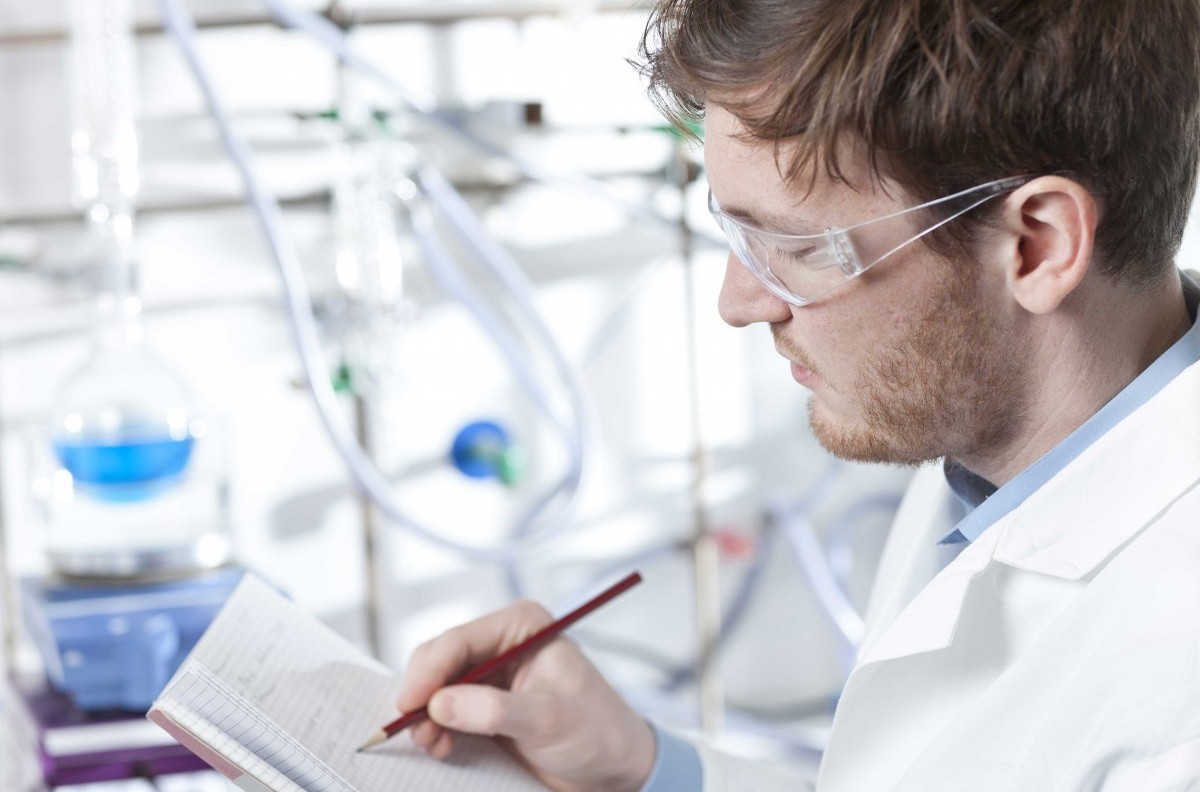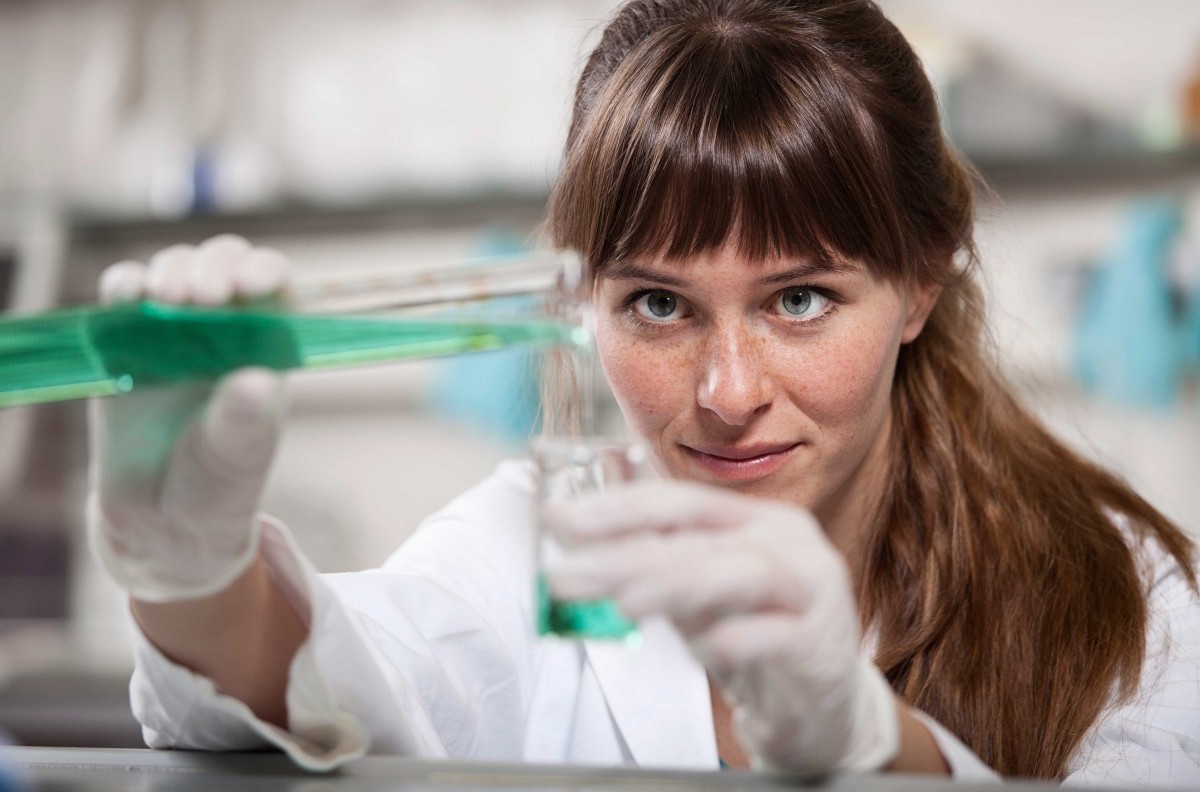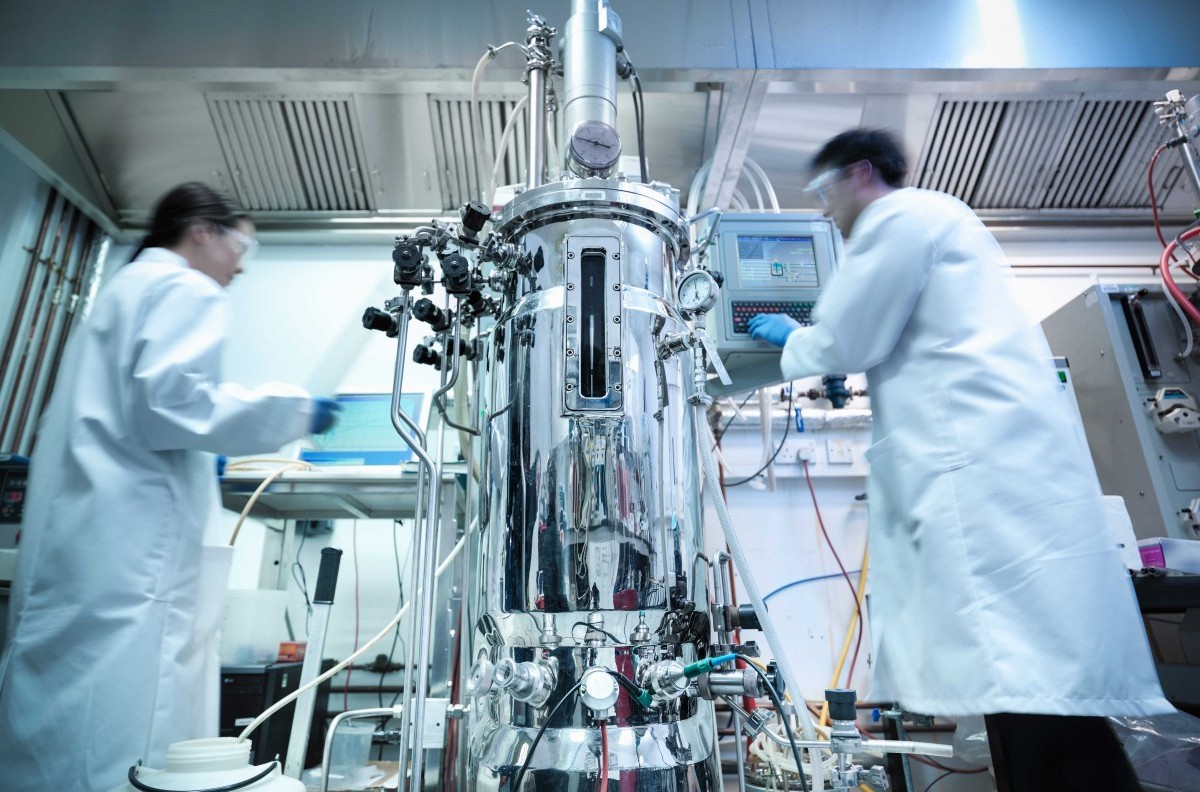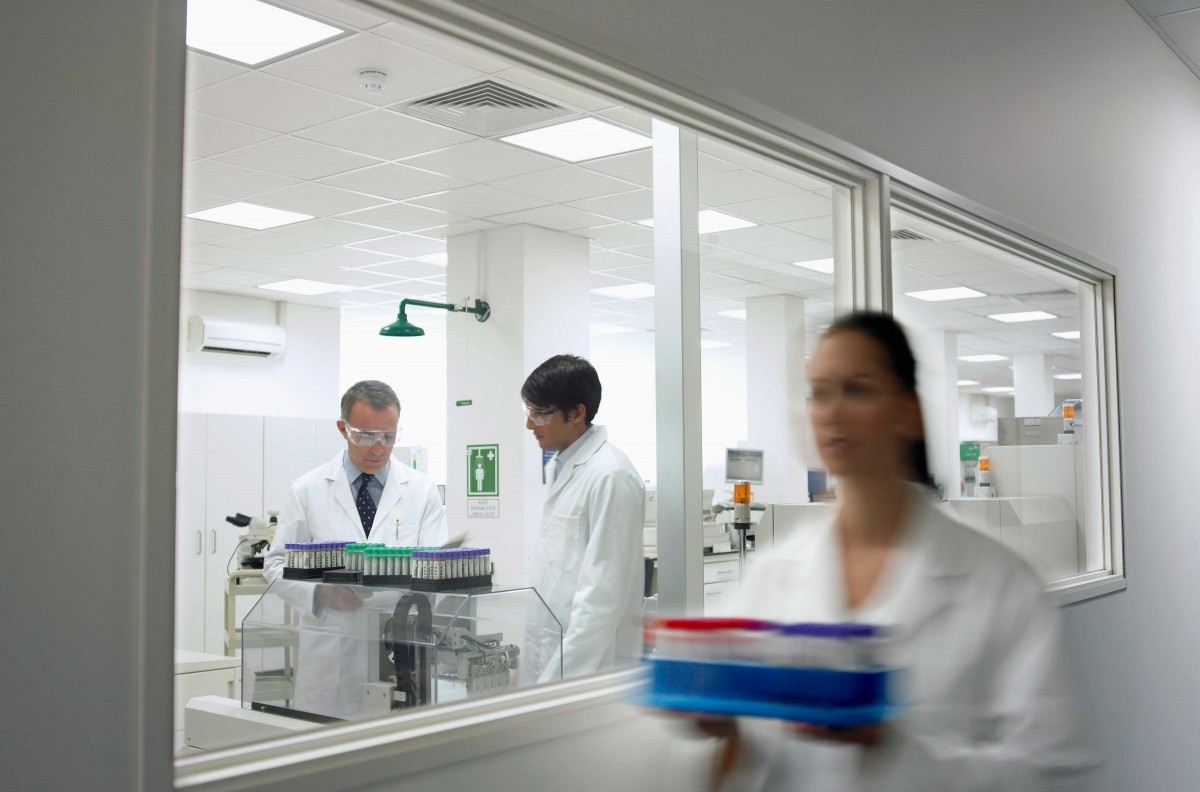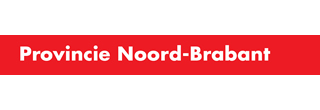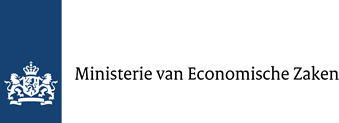News
11-03-2015
Biorizon utilizes municipal waste to develop biobased aromatics
Every year, Dutch households collectively produce over 5 million tons of municipal waste. Biorizon-partner TNO, together with Attero, AEB Amsterdam, Orgaworld and the Dutch Waste Management Association (DWMA) investigates how carbohydrates (sugars) in municipal waste streams can be used as a source for the production of biobased aromatics.
Aromatics are among the most important resources for the chemical industry. Currently virtually all aromatic building blocks are made from fossil oil and that causes CO2-emissions that lead to climate change. Shared Research Center Biorizon, an initiative of TNO, VITO and the Green Chemistry Campus, develops technologies to produce aromatics derived from plant-based waste streams. This diminishes the dependence on fossil fuel, it lowers CO2-emissions and it provides the chemical industry and its suppliers a profitable and sustainable perspective.
"This project, that we've called Waste2Aromatics, is a major step to ensure the continuous supply of sufficient resources", says Joop Groen, business development manager of Biorizon. "With this project we utilize municipal waste streams as a resource and we investigate how we can produce bio-aromatics derived from those waste streams. Circular economy in optima forma!"
From waste streams, via furans to aromatics
In order to produce bio-aromatics from municipal waste streams, the (hemi-) cellulose that is present in the organic fractions needs to be transformed into furans. In turn, these furans serve as an agent for the final production of aromatics. Biorizon-partner TNO has got two technologies available for the conversion of cellulose into furans:
- The superheated steam (SHS) technology. This is mainly suitable for the procession of relatively solid material and uses steam to extinguish furans from the waste stream.
- The second technology is suitable for the processing of wet fractions and uses a system with two fluid phases in which the furans are pulled towards an organic solvent.
Gain experience with the conversion of heterogeneous waste streams
Around the world there isn't a lot of experience with the processing of non-homogeneous waste streams with these techniques. Thus, one of the goals of this project is to develop knowledge on the suitability of heterogeneous waste streams for this conversion. In the first phase of this project the characteristics of nine different waste streams have been identified. On the basis of parameters such as (an)organic substances, sugar contents and the dimensions of particles the fractions have been reviewed whether they are suitable for the conversion into furans. Over the next coming months, the Waste2Aromatics project will be experimenting with the three most promising waste streams. The first results can be expected in the summer of 2015.
Project partners
In this Waste2Aromatics project TNO, Biorizon, Attero, AEB Amsterdam, Orgaworld and the Dutch Waste Management Association (DWMA) have joint forces in a unique collaboration:
- Shared Research Center Biorizon is a joint initiative of TNO, VITO and the Green Chemistry Campus. Its goal is to produce functionalized biobased aromatics on a commercial scale for industrial partners in 2020.
- Attero processes the waste of over 35 per cent of all Dutch households. Its mission is to reuse as many resources as possible and to transform waste streams into sustainable energy and usable products.
- Waste company AEB Amsterdam produces green energy and resources out of waste streams in a clean and responsible way.
- Orgaworld processes organic waste streams for various companies and organizations into green energy and other sustainable products.
- The Dutch Waste Management Association (DWMA) looks after the interests of companies that are active in the entire waste chain, both national and international. The association strives for a healthy and balanced entrepreneurial climate and advocates effective and sustainable waste management.
For more information on the Waste2Aromatics project or Shared Research Center Biorizon please contact Joop Groen via joop.groen@tno.nl or +31 (0)6 51 91 80 96
